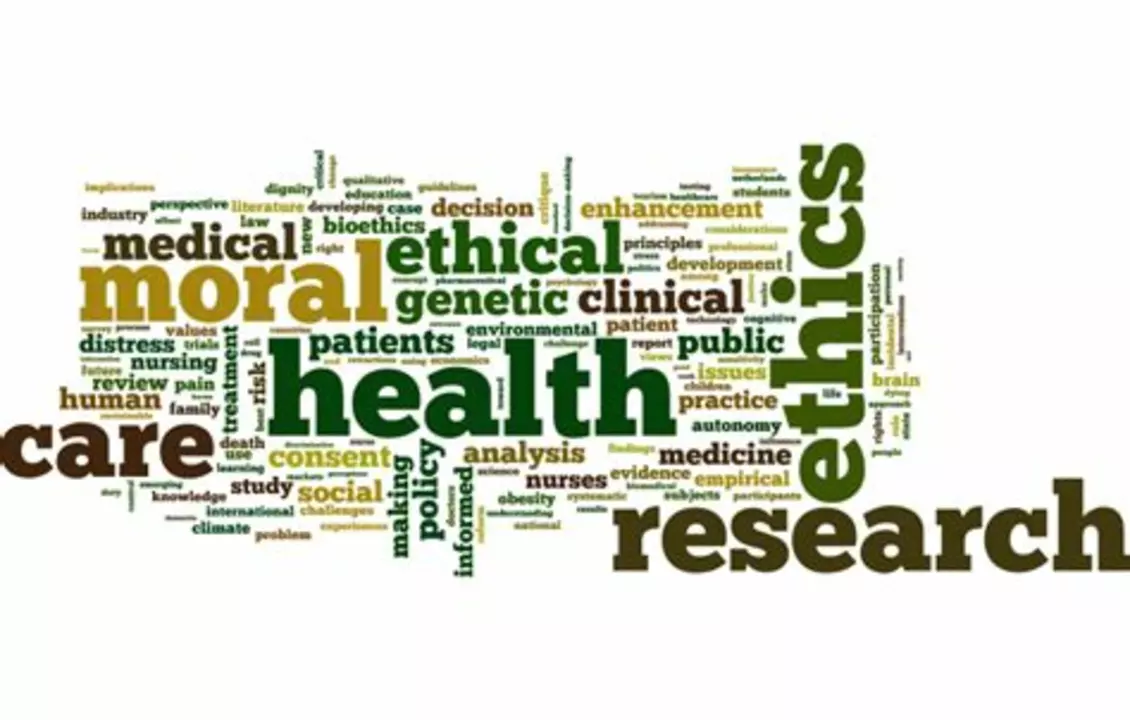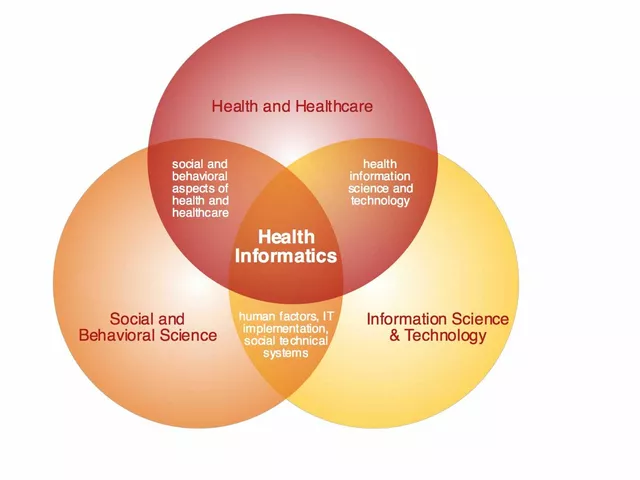Ethical Health Care: Practical Guide from May 2023
In May 2023 we published a clear primer on ethical-based health care and why it matters in everyday medicine. The article explains the four core principles: respect for autonomy, non-maleficence, beneficence, and justice. These principles sound formal but they guide small choices a clinician makes every day.
Respect for autonomy means patients get to make informed choices about their care. That requires honest explanations, time to decide, and respect when a patient refuses treatment. In practice that looks like clear consent forms, plain language explanations, and checking that patients understand risks and benefits.
Non-maleficence simply means do no harm. Clinicians balance risks and benefits before ordering tests or treatments. For example, avoiding unnecessary antibiotics protects a patient and the community from resistance. It also means being honest about uncertainty and avoiding risky interventions with little expected benefit.
Beneficence is acting in the patient’s best interest. That could mean offering palliative care when treatment will do more harm than good, or coordinating social support when a patient struggles to follow a plan. Small acts—calling a family member, arranging transport, simplifying medication—add up.
Justice covers fair distribution of health resources. The pandemic made this real: when ventilators or vaccine doses were limited, clinicians and systems had to decide who gets priority. Justice asks that those decisions be transparent, consistent, and based on clear criteria rather than bias or ability to pay.
I also described practical steps health workers can use to bring ethics into daily work. Start with simple habits: explain options in plain words, document reasons for choices, involve family or ethics teams when a case is hard, and disclose mistakes promptly. Hospitals benefit when staff train on tough conversations and practice shared decision making.
Patients can act too. Ask direct questions: what are my options, what are the risks, what would you do if this were your relative, and what happens if I say no? Bring a friend to appointments, ask for written summaries, and request time to think about big decisions.
Real examples help. In the clinic, an elderly patient may refuse a vaccine; respecting autonomy means exploring reasons and offering facts without pressure. In critical care, teams may use triage rules to allocate limited ICU beds; justice means those rules are applied fairly and reviewed publicly.
Ethical care is not a policy document you read once. It is a set of habits that protects patients and builds trust. If you work in health care or care for someone, these basics make decisions clearer and care kinder.
Start small at home or in your clinic: set aside five minutes to explain a diagnosis in plain terms, ask patients what matters most to them, and write down the agreed plan. Encourage colleagues to do the same and schedule short case reviews for tough calls. Over time these small steps reduce conflicts, improve outcomes, and make work less stressful for everyone involved. Share feedback often, update habits, and track small improvements regularly now.
What is ethical based health care/medicine?
Posted by Finnegan Beckett On 8 May, 2023 Comments (0)

As a blogger, I've recently come across the concept of ethical-based health care/medicine, and I find it quite intriguing. Essentially, it refers to the practice of providing medical care based on moral principles and values, such as respect for autonomy, non-maleficence, beneficence, and justice. This approach emphasizes the importance of respecting patients' rights and ensuring their well-being while considering the potential consequences of medical decisions. By adhering to these ethical guidelines, health care providers aim to offer the best possible care while maintaining a strong moral compass. I believe that ethical-based health care can greatly enhance the overall patient experience and ultimately lead to better health outcomes.




